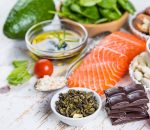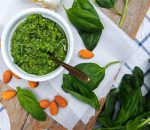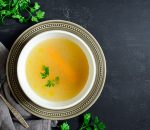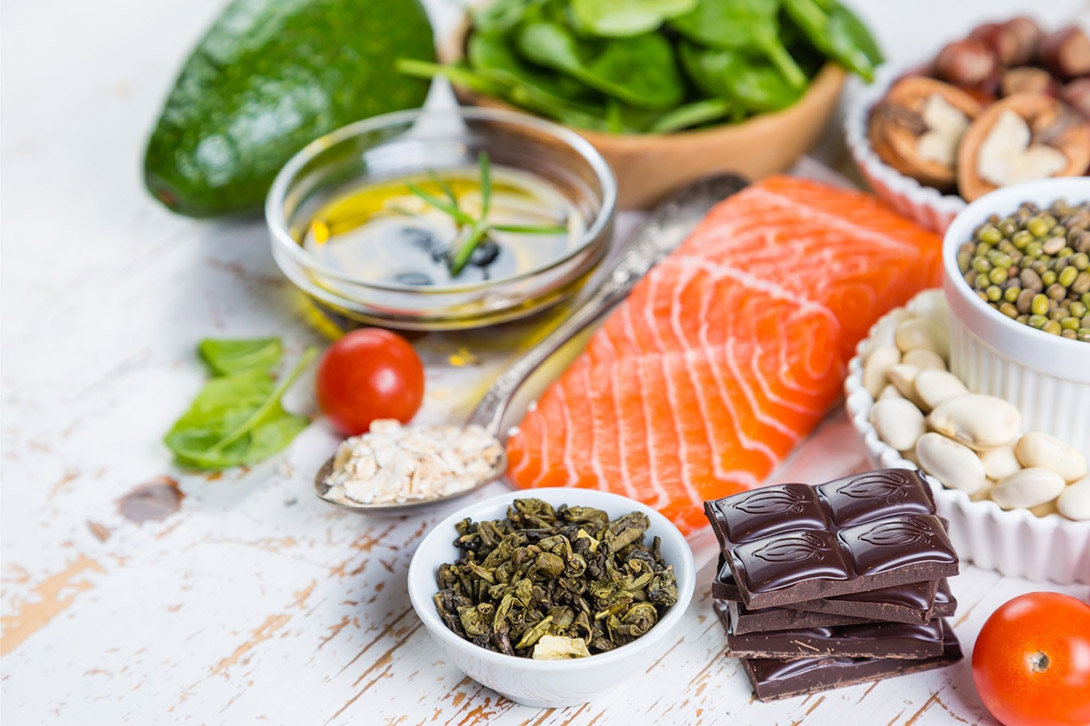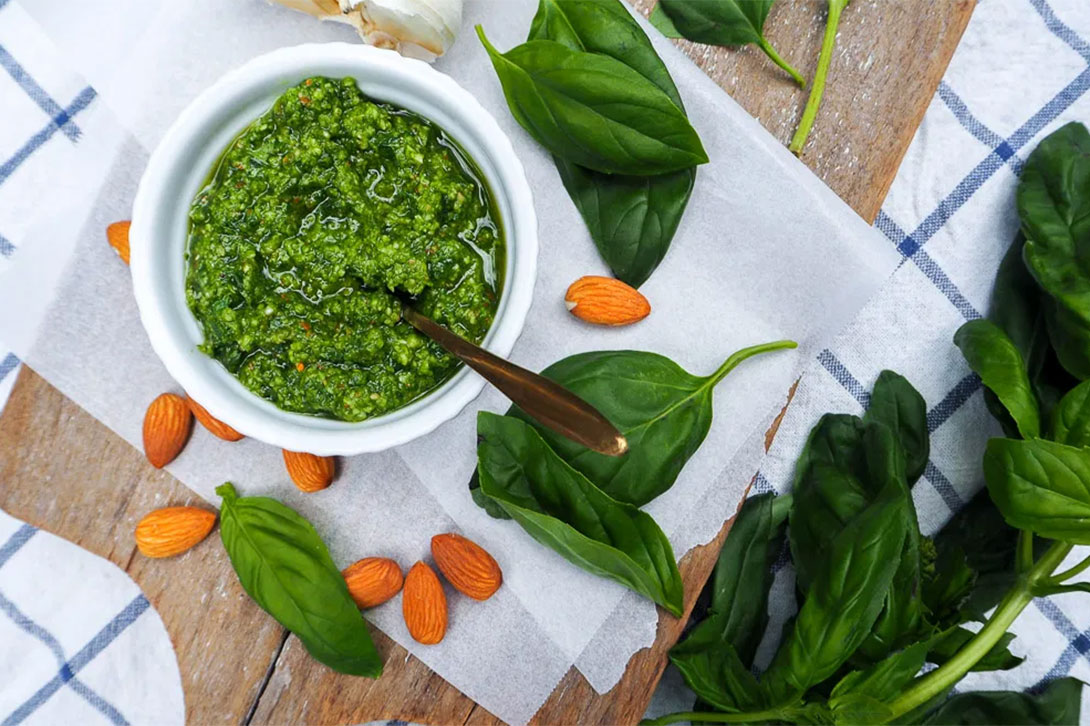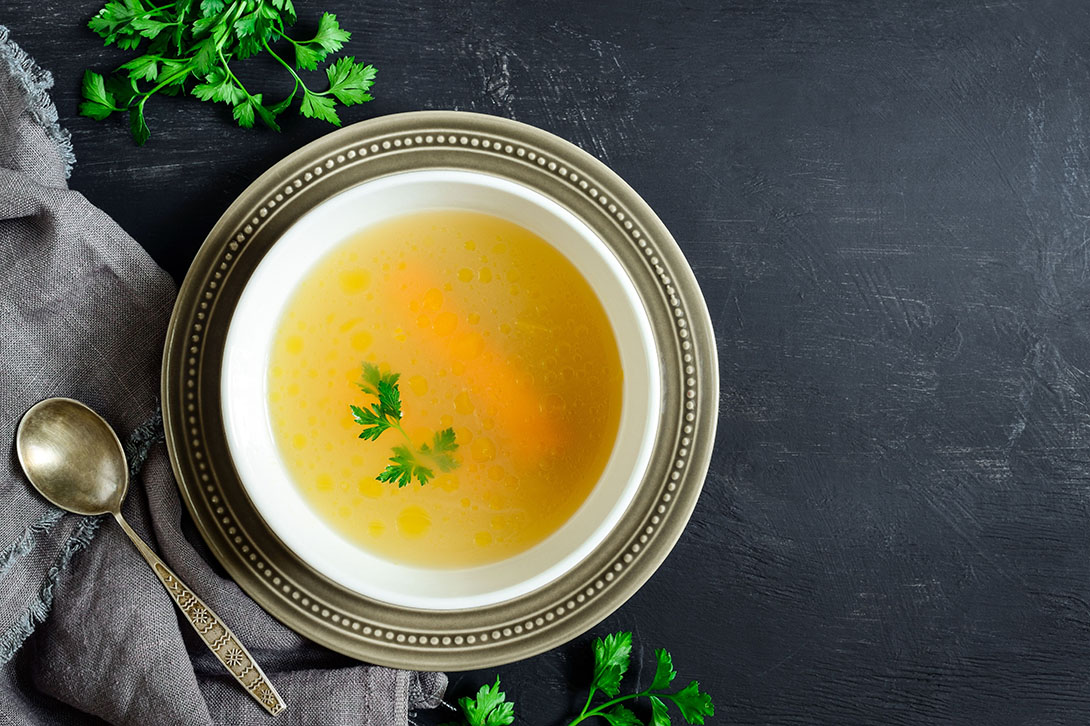iCANNourish
Recipes and information to help keep you nourished
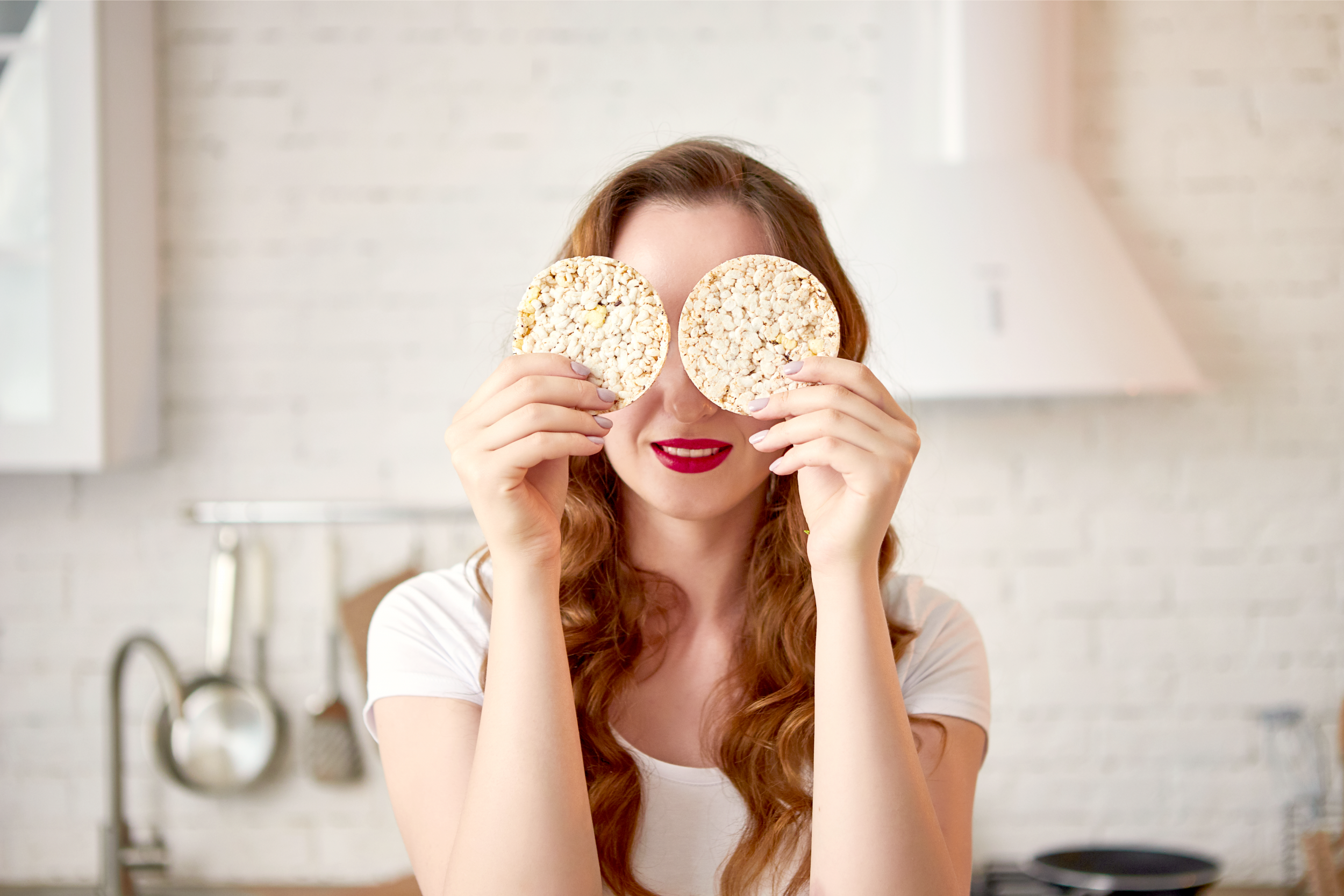
Jess : Treatment, nausea and making friends with food
During cancer treatment, it’s important to maintain nutrition. But with a lack of appetite and changes to taste being common side effects, finding food that’s even palatable, much less nutritious, can be challenging.
For Jess, 33, diagnosed at 29 with Triple Negative Breast cancer, food became an issue while going through chemo. Even though she ate ‘whatever Mum cooked’, keeping food down was difficult as chemo made her nauseous. Post-treatment became a different challenge as she focused on dealing with the side-effect of weight gain.
Eat what you can when you can
Being able to eat any food at all – and keep it down – when suffering from nausea can be tough. Jess too experienced this struggle when dealing with nausea and vomiting during treatment.
“It is a vicious cycle, you want something in your stomach to try to prevent nausea, but when you have nausea, you don’t want to eat and struggle to keep food down,” Jess says.
“So, my tip would be to eat whatever you can. For me, it was plain crackers, like Jatz or Cruskits, which I know are not nutritious, but I could keep them down.”
Metallic taste change
One side-effect of chemo can be loss or change of taste. Jess found treatment left her with a metallic taste, which is not uncommon.
“Chemo can also leave a funny taste in your mouth, which leaves flavours out of whack. For me, it was a metallic taste, so I avoided using metal cutlery (I used plastic) which helped. Bland food also helped with this, such as mashed potato or soup,” she notes.
Be kind to yourself
It’s not uncommon for people to feel pressure to eat a certain way during treatment. For Jess, it was more about enduring chemo and eating whatever worked for her on the day.
“People shouldn’t be too hard on themselves to ’eat healthy’ or ’green’. It’s a real struggle,” Jess points out.
Seek professional advice
When it comes to food and nutrition, it can often be a case of information overload. What might work for one person may not work for another. Seeking professional advice from a dietician can help to create a custom menu designed for your specific needs. Jess sought the help of a dietician to manage her well-being during and after treatment.
“I saw a dietitian after I finished my treatment due to weight gain, and they make some basic suggestions – nothing rocket science. Tips like eating from the food pyramid and including adequate protein,” she says.
Weight gain
Some treatments can cause cells and tissues to retain extra fluid leading to weight gain. Jess experienced this side-effect and found the dietician to be helpful with the recovery stage too.
“I struggled with weight gain and water retention after chemo – so if a dietician can help (someone) with these types of issues, I think that would be a good outcome,” Jess suggests.
Advice for carers
Food is often the easiest way for friends and family to lend a hand to someone going through treatment. However, someone’s usual meals and snacks may not be appetising if they suffer nausea or taste changes. Jess notes that less flavoursome food was her go-to during chemo.
“I think another good idea would be for carers/friends (to ask) what to cook for someone going through chemo – not your average spaghetti bolognese! Recipes that are simple, a little bland, and nutritious I found to be best,” she says.

